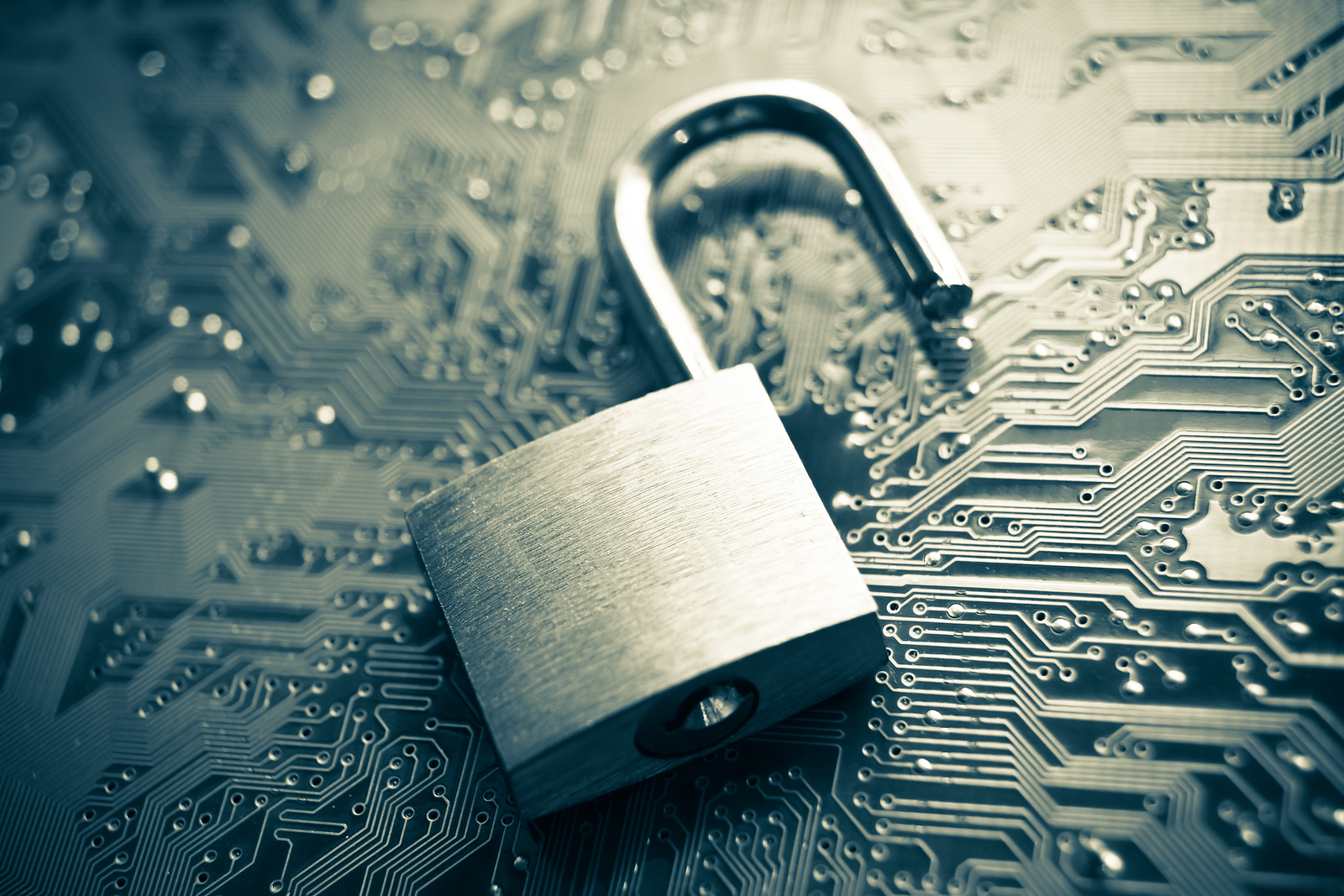Small businesses are huge targets for cyber threats because they possess the same vital client information as larger companies, but they typically do not have the same level of security. Luckily, there are a number of cyber security tips small business owners can practice on their own in order to help protect themselves.
1. Security is Part of Everyone’s Job Description
Large corporations have the luxury of hiring an in-house staff whose only responsibility is to monitor and assess IT and cyber security. Small business owners generally don’t have the resources to hire an in-house IT staff. While you may not expect your staff to take an active role in the security of your data, you can at least ask them to be mindful of it.

To ensure that every employee understands the role they play in keeping your network safe, train them on cyber security tips, procedures, and policies. Make sure that they use long, complicated passwords, and that they keep antivirus software installed on their computers. If you don’t want to leave it to your employees to create secure passwords, you can implement company-wide password managers, like LastPass.
Most importantly, hold your employees accountable for adhering to policy. The security of your and your consumer’s data is of vital importance. A hack could lead to significant loss of business. If you would discipline an employee for tardiness or continually missing deadlines, certainly you should do it for endangering the security of your business.
2. Multi-factor Authentication
Initially, multi-factor authentication seems like a hassle, but it’s one of the best cyber security tips. Most email servers offer multi-factor authentication as an option, and it really doesn’t take that much additional time. Yahoo is the latest casualty. In September of 2016, it was revealed that the email server had been breached two years prior, in 2014, and at least 500 million users’ data was stolen.
Multi-factor authentication is one of the best ways to prevent unauthorized access to your email. It’s especially necessary for companies whose inter-office email often contains sensitive information. It requires that a user not only has the password but also have access to a code delivered to the cell phone of the person associated with that account. Without that code, access is denied.
3. Backup Your Data
Whether by cloud or hard copy, keep active backups of all important data. Cloud backup is more cost efficient, but that should not be the only deciding factor. It’s important to remember that the security of your data is always worth the price tag. Small business owners may be more cost conscious than the CEO of a Fortune-500 company, but some things should not be sacrificed in the name of a budget. Cyber security is one of those things.
Cloud backup is good for routine, automatic backups. If you backup all data to cloud storage every day, then you only need to backup to a hard drive once a week or so. Do your research and decide which cloud service is best for your company.
4. Tie Loose Ends
When an employee is terminated or leaves the company, their access to all client information needs to be immediately rescinded. Small business owners tend to have a closer, more personal relationship with their employees. While that’s not a bad thing, it can lead to some oversight with regards to the security of client information. If an employee leaves under less-than-favorable conditions, they can try and take it out on the company by stealing or divulging private information.
That may be an extreme scenario, but it does happen. The best offense is a good defense. When an employee leaves your company, make it a priority to restrict their access to information that is the property of the company. If you can’t automatically deny their user access, then change the passwords to all accounts they had access to. This is another scenario where a password manager comes in handy.

5. Keep Software Updated
There’s a variety of reasons why it’s important to keep computer software up to date. It keeps computers running at maximum efficiency, and it also helps protect the security of your network. Not only do manufacturers release software updates when they’ve changed a function, but also when they’ve updated security settings. Skipping out on an updated version of Norton Antivirus software could spell disaster, especially if they’ve updated it specifically to address a security risk.
It’s not just antivirus software that needs to be kept updated, either. Work-related software should also be up-to-date. If you store account information in Intuit Quickbooks, for example, then you should make sure that software is updated to ensure you have the best level of defense.
6. Keep WiFi Secure
One of the most important cyber security tips is to make sure your WiFi network is kept secure. Keep your Service Set Identifier (SSID) private, and make sure it’s protected with a complex password. Encourage employees not to do work remotely from unknown or public wireless networks.
Cyber Security Tips by BayCCS
In many ways, effective cyber security is a lot like chainmail from a medieval knight. When all facets work together, the barricade is nearly impenetrable. However, all it takes is one weak link in the armor, and weakness is exposed. Don’t give criminals the opportunity to exploit that weakness.
If you’re looking for more hands-on, proactive management of your company’s cyber security and IT, check out Bay Computing and Consulting Services. We offer big support services for small businesses. Small business owners can often feel like the weight of the world is on their shoulders. Contact us to find out how BayCCS can help carry some of the IT load.